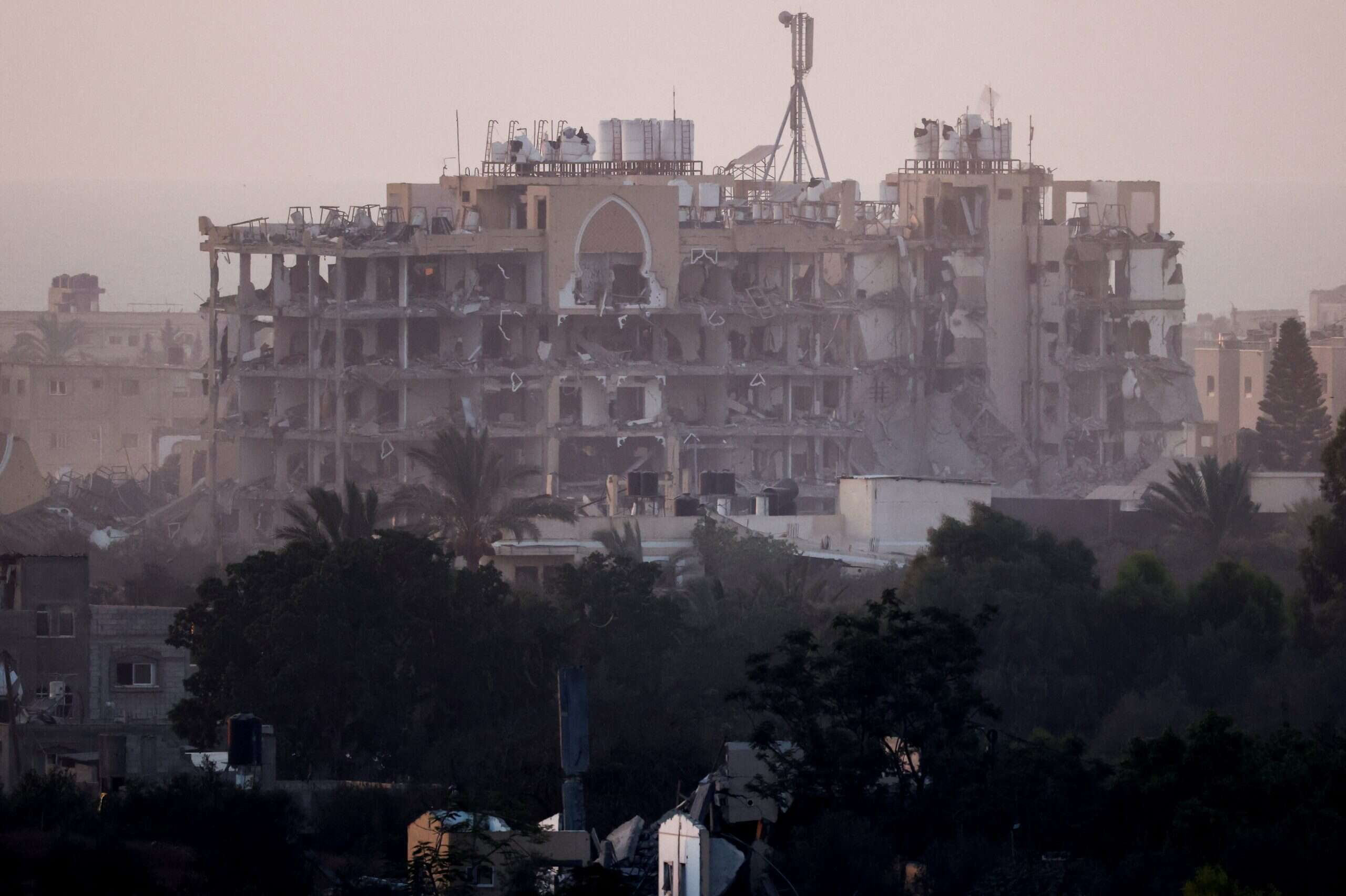Of the Israeli residents being held by Hamas following the Oct. 7 attacks on southern Israel, only 51 remain alive in Gaza, according to the latest Israeli intelligence assessments. Officials believe the remaining hostages have died, though many deaths still lack official confirmation. During a closed-door session with the Knesset Foreign Affairs and Defense Committee in September, Prime Minister Benjamin Netanyahu revealed that roughly half the hostages were still alive. This figure, disclosed here for the first time, has become the working baseline for Israeli agencies managing the crisis.
The assessment draws from extensive intelligence gathered since October 7, combining public sources with classified operational data. Analysis points to 50 Israeli hostages who are believed dead, though officials have only confirmed 37 deaths among those whose bodies remain in Hamas custody.

The gap between presumed and confirmed deaths reflects the strict standards required for official death declarations in Israel, which must satisfy both medical and religious criteria. While conclusive proof may be lacking in some cases, intelligence strongly indicates additional hostages did not survive. Sources familiar with the situation told Israel Hayom that officials have kept families fully informed, sharing detailed assessments about their loved ones' status. While some families have accepted the government's conclusions about presumed deaths, others are holding out for definitive proof.
Tracking the hostages' status serves multiple critical purposes beyond negotiations. This intelligence helps commanders plan operations to prevent unintended casualties – whether from IDF strikes or deliberate harm by Hamas, which has ordered its fighters to kill hostages at the first sign of any rescue attempt.
The execution of six hostages in a Rafah tunnel in August – Hersh Goldberg-Polin, Carmel Gat, Eden Yerushalmi, Ori Danino, Alex Lobanov, and Almog Sarusi – proved these weren't empty threats. Intelligence suggests that Hamas killed 27 Israeli captives in custody, while at least seven others died as a result of IDF operations in Gaza.
Security officials paint an increasingly bleak picture. While evidence about deceased hostages is conclusive (with 37 officially confirmed), information about the 51 believed alive varies significantly. Intelligence on some remains reliable, while data on others is spotty and outdated. Given the intense military pressure on Gaza and the harsh conditions hostages have endured for over a year, officials fear the actual number of survivors might be even lower.
Israel maintains its commitment to bringing home all hostages, dead or alive. While recent negotiation frameworks prioritized returning living captives before remains, the dwindling number of survivors and ongoing threats to their lives have prompted security officials to push harder for an immediate deal. So far, these efforts have hit a wall.




